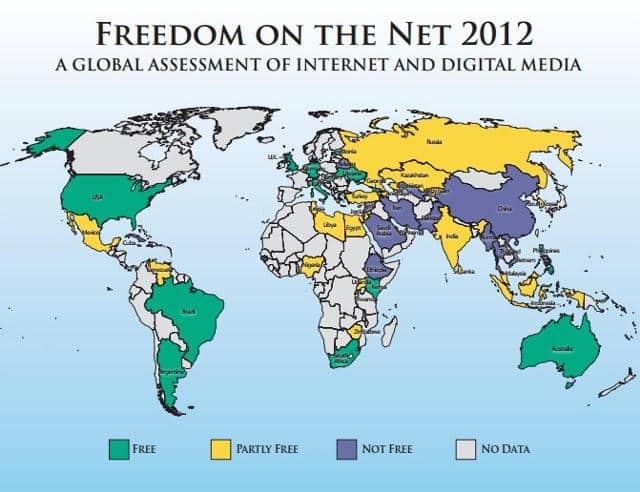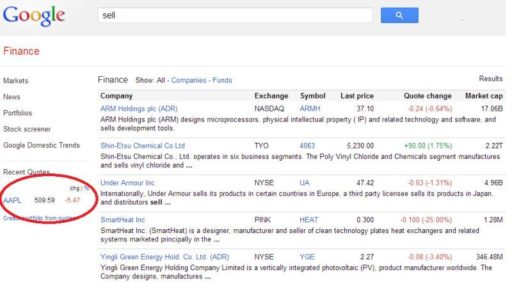Online censorship has come to plague the free internet access rights of citizens in many countries, even in some of the most developed nations. The reason that is often touted, as an excuse, behind such restrictions is national security. In such turbulent times, it is rather surprising to note that the North European state of Estonia has beaten the rest of the world when it comes to internet freedom.
The small country has been ranked on the top of the list of internet freedom by Freedom House, an advocacy group based in Washington. According to the findings of the group, Estonia allows its users to cast votes online and has laws protecting online free expression.
Recently, we reported about the Estonian government’s decision to teach programming to every school going children right from the first grade. This goes on to show just how tech-savvy Estonia is, and how concerned the government is in equipping Estonian kids with the best computer skills.
In the report, Freedom House made use of the ‘internet freedom’ index to assign positions to countries. The internet freedom index assigns scores from 0 to 100, based on the performance of a country through different indicators. The lower the score is, the better is the country’s performance in upholding online free speech. Estonia scored 10 on the index, which is the lowest followed closely by U.S. with a total score of 12. Germany stood on the third position with a score of 15 whereas UK was farther down the list at the eighth position with 25 points.
Jordan managed a 45, which is rather surprising given the fact that the country is under a repressive regime while Iran and Cuba made the bottom of the list, scoring highest on the index.
During the course of its report, Freedom House analysed the progress, or decline, in freedom of online speech in 47 countries. It noted that, “restrictions on Internet freedom in many countries have continued to grow, though the methods of control are slowly evolving and becoming less visible.”
Out of the 47 countries it included in its report, the group found out that in at least 19 countries, expressing political dissent in the social media has lead to the writer being tortured, killed, kidnapped or harassed. The glaring examples in this case are those of Bahrain and Jordan where digital activists have been killed, both in policy custody and extra-judicially.
China also has an abysmal record when it comes to internet freedom. Following the Arab Spring, many Chinese bloggers and activists called for a peaceful revolution in the country which resulted in a widescale crackdown by the Chinese government in February 2011.
You can read the complete report by Freedom House here.
Source: NYT
[ttjad keyword=”wireless-router”]




